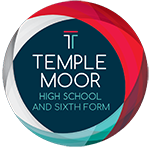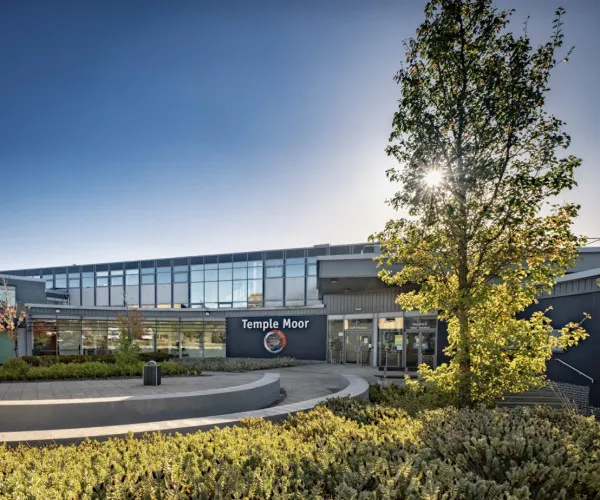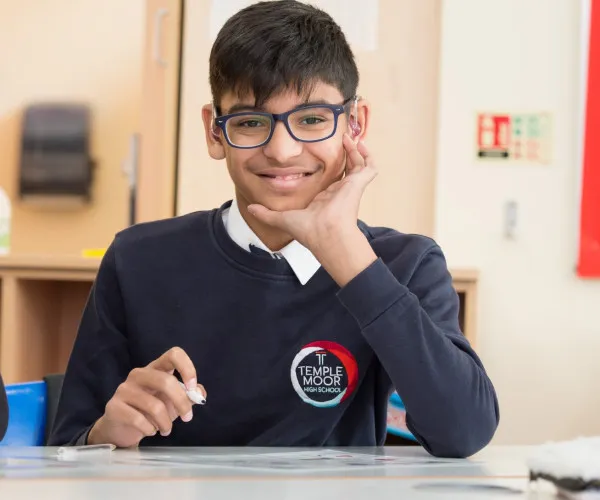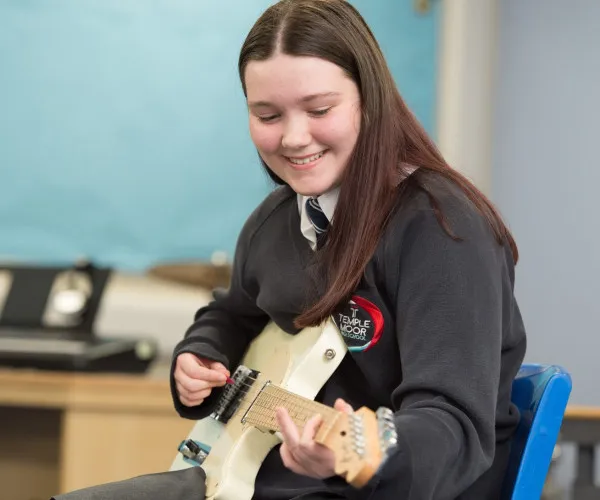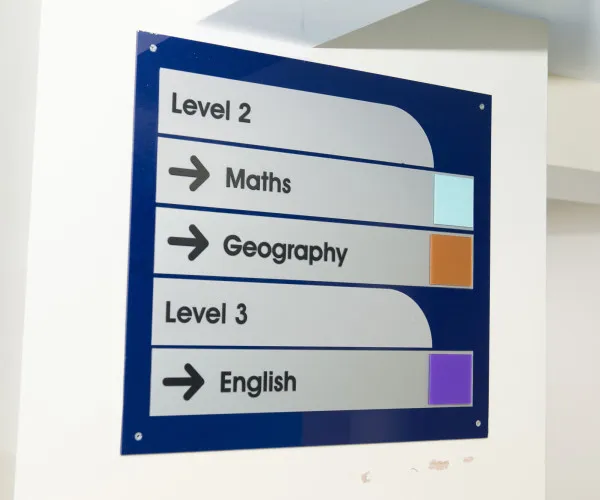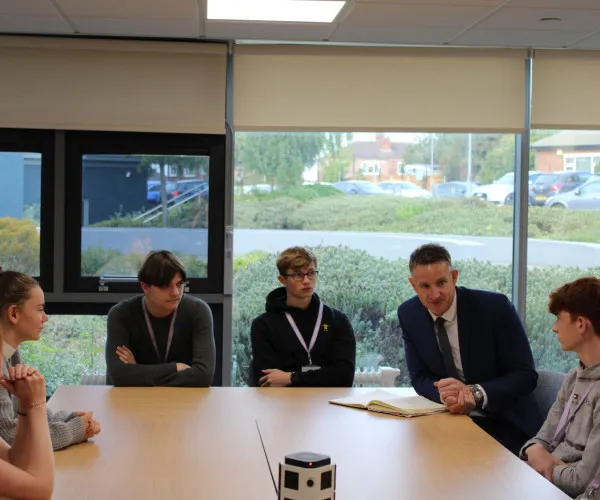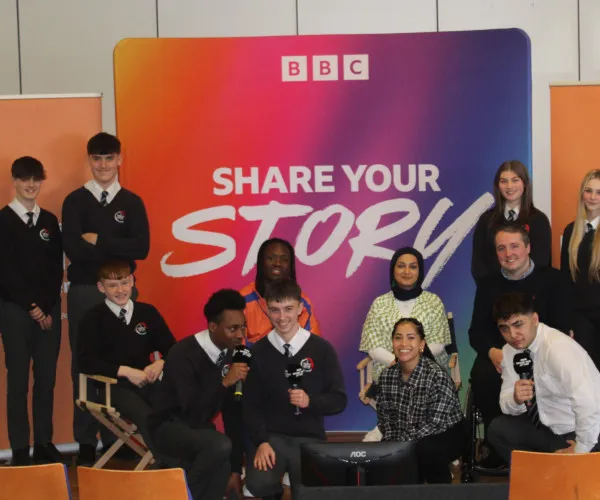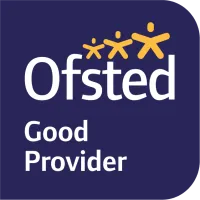- Curriculum
- Assessment
- Form Time
- British Values & Preventing Radicalisation
- Curriculum Subjects
- Art Curriculum
- Business Studies Curriculum
- Communication Curriculum
- Criminology Curriculum
- Design & Technology Curriculum
- English Curriculum
- Geography Curriculum
- Graphic Design Curriculum
- History Curriculum
- ICT Curriculum
- Law Curriculum
- Mathematics Curriculum
- Modern Foreign Languages Curriculum
- Performing Arts Curriculum
- Personal & Character Development
- Photography Curriculum
- Physical Education Curriculum
- Psychology Curriculum
- Read to Succeed
- Religious Education Curriculum
- Science Curriculum
- Sociology Curriculum
- Learning Qualities & Values
- The Options Process
- Supported Study and Revision
Physical Education Curriculum
Curriculum aim
Our aim is to develop a sustained lifelong love of sport within our students. Physical Education and Sport is underpinned by the student leadership values of Autonomy, Confidence and Empowerment (ACE values) which support students to drive their own improvement. Students will develop an understanding of the benefits behind partaking in sport on their physical, social and emotional attributes which will enable them to overcome barriers, challenges and goals as citizens in later life.
Details about curriculum structure
Across all Key Stages, development of the fundamental competencies that can be transferred across a variety of sports is integral to our teaching. Leadership underpins the sports studied, enabling learners to become:
- Autonomous by making their own decisions without being controlled by anyone else.
- Confident in their abilities, their plans and in trusting other people to help fulfil them.
- Empowered to control what happens to them.
Students will be able to articulate how the application of the ‘Learning Qualities’ along with leadership values ensures they become an effective leader of their own learning.
The curriculum in Key Stage 3 is designed to foster enthusiasm to be actively engaged in PE and Sport, as well as preparing the students fully for examination sports courses that they may undertake in Key Stage 4 and 5. Lessons are structured through isolated practice, modified games and conditioned practice.
The focus of Core PE lessons is to develop competencies and the ability to perform using them, in isolation and in competitive situations, with increasing consistency, accuracy and precision throughout this learning cycle. The activities have been chosen to prepare students as effectively as possible for examination PE. This allows them to build on their competencies, knowledge and understanding within the sport so that, when they reach Year 10 and 11, they have considerable experience and well-honed decision making within certain scenarios. Students will take ownership of the game situation in relation to tactics, strategies and leadership and staff will take a step back whenever appropriate. As the students become more familiar with this approach, then staff will have less and less input during the ‘quality time’ which will allow students to become resilient and more empowered to take ownership of their learning.
There will also be an emphasis on leadership competencies, making students aware of what this means and looks like in PE, as well as how it can be transferred to other subjects across school. Lessons will allow for students to take ownership of their learning to become autonomous, confident and empowered leaders, through a range of methods that will be personalised for each student. The assessment criteria ‘Head, Heart, Hands’, which is used in Year 7 and 8, has been created to support the two main foci of the curriculum: Skill development and Leadership.
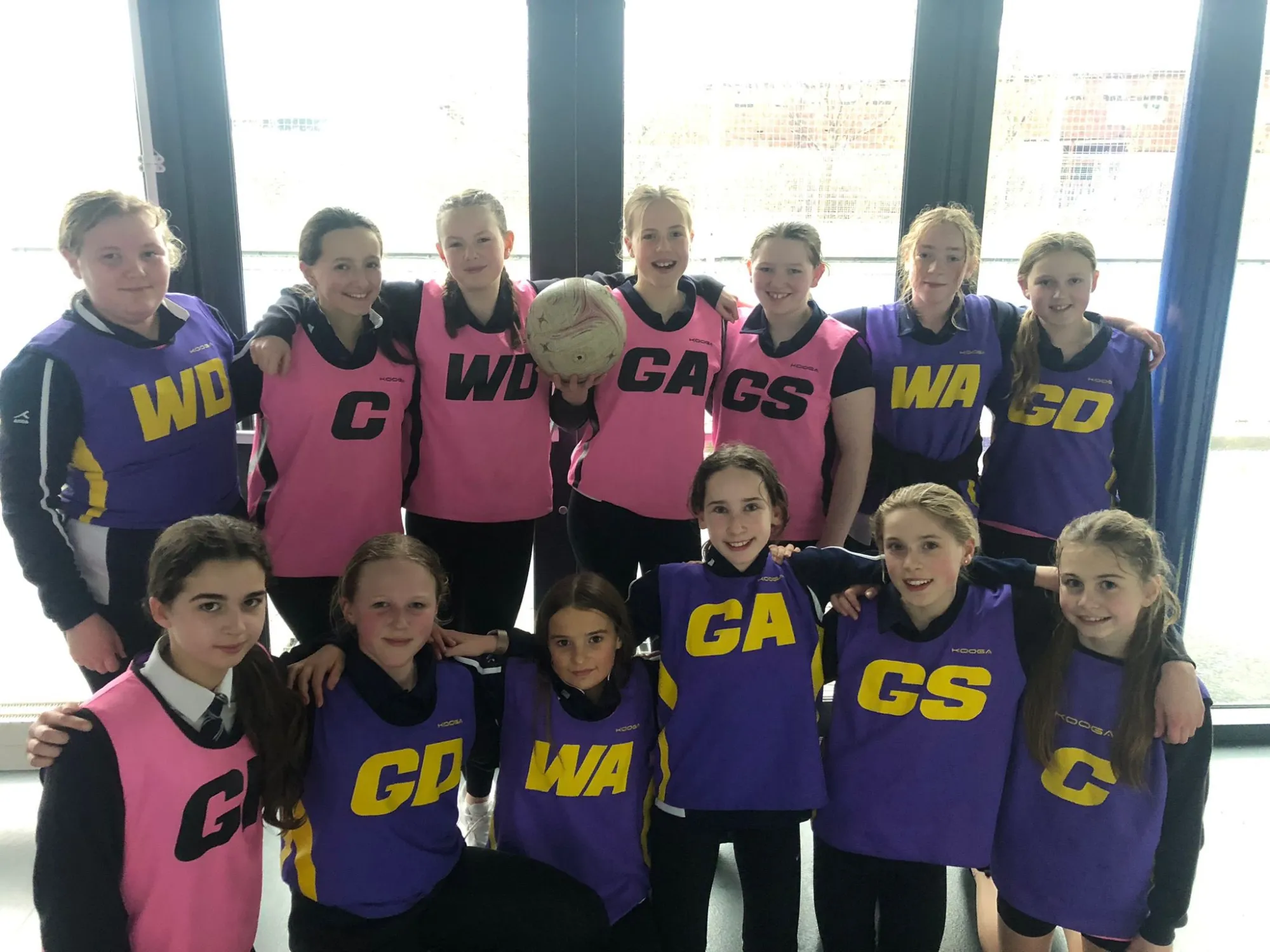
Key Stage 3
Students will develop practical performance skills in a variety of sports to a competent or higher level. Students will be encouraged to apply leadership competencies and characteristics within all lessons where opportunities arise. Throughout the KS3 curriculum, the following sports are studied and practised so that students have the knowledge of how to perform the advanced skills and tactics needed to be successful in each: Athletics, Basketball, Badminton, Cricket, Fitness, Football, Handball, Netball, Rounders, Rugby League, Softball, Table Tennis and Tennis.
The leadership values will be underpinned throughout these sports in the following way:
Year 7: Throughout the year, the student’s will underpin the ACE values in the above activities to enable them to effectively plan and lead their own and others’ warm-up and evaluate chosen exercises and suitability for each sport/activity. Students will also be able to identify when rules have been infringed during play and attempt to apply the fairest decision for play to resume.
Year 8: During Year 8, students will effectively use reciprocal cards to challenge themselves and their peers. Students will begin to referee/umpire with confidence, applying the rules when appropriate and challenging peers when necessary. Students will also be able to identify strengths and areas for improvement in themselves and others and provide key attributes to develop these further.
Year 9: By Year 9, students will have the knowledge to evaluate their own and others’ strengths and areas for development. Students will be able to challenge their practice, deciding on future plans and addressing areas of development.
Key Stage 4
All Core PE top sets will cover key sports that will be taught during GCSE PE lessons to cement their knowledge and provide further opportunity to develop skills and understanding.
Other Core PE groups have more flexibility; the main focus being engagement, high activity levels and promoting the importance of exercise throughout the rest of their lives. ‘Quality time’ will also be a feature of all lessons and will run exactly like KS3 Core PE lessons.
GCSE PE:
Year 10 teaches students how health and wellbeing impacts the body and its systems, and how to create a training programme for a specific sports performer. In Year 11, students extend this to look at how the body works in relation to sports performance. It also gives students the opportunity to develop and apply competencies and techniques in a range of sports.
The GCSE PE Course is examined across these three elements, and there is also a practical assessment across three sports which contributes 30% toward the final grade.
Key Stage 5
Cambridge National Sport Studies
The Cambridge Nationals in Sport Studies take a more sector-based focus, whilst also encompassing some core sport/physical education themes.
In Year 10, learners have the opportunity to apply theoretical knowledge about different types of sport and physical activity, skills development and sports leadership to their own practical performance. They learn about contemporary issues in sport such as funding, participation, ethics and role models.
In Year 11, students extend this to learn about sport and the media, the importance of sport locally and nationally, the different ways of being involved in sport and how this shapes the sports industry.
OCR Cambridge Technical
This qualification will provide learners with the competencies, knowledge and understanding to progress into employment in the sport and physical activity sector, either through an apprenticeship or directly into work.
Students can study the Extended Certificate (equivalent of one A-Level); Diploma (2 A-Level equivalent) or Extended Diploma (3 A-Level equivalent).
In Year 12, all student learn about body systems and the effects of physical activity, sports coaching and activity leadership. Year 13 covers sports organisation and development, practical skills in sport, sports injuries and rehabilitation.
Those studying diploma or extended diploma also extend this in Year 12 to cover performance analysis in sport, how to organise sports events, sports and exercise psychology. In Year 13, students learn about biomechanics and movement analysis, working safely in sport, and physical activity for different groups.
Extended diploma students further extend this in Year 12 by also learning about improving fitness, health and fitness testing, and nutrition and diet for sport. In Year 13, students learn about working in active leisure facilities, the business of sport, and sport and exercise sociology.
A Level PE
The A-Level PE course provides students with the exciting opportunity to gain a deeper understanding of PE. Students need an entry requirement of at least grade 6 in GCSE PE or a Distinction in Sport to progress onto the A-Level course.
The course covers three main theoretical components: In Year 12, students learn about Applied Physiology, Skills Acquisition, Sport and Society, and Sport and Technology. In Year 13, students gain insight into sports performance, developing a wide-ranging knowledge into the how and why of physical activity and sport. They will also perform or coach a sport through the non-exam assessment component and learn about Sports Psychology.
Qualifications we offer at KS4 and KS5
Key Stage 4
Key Stage 5
Enrichment and extracurricular opportunities in the subject
We offer a wide variety of extra-curricular clubs which can be used for both recreational enjoyment and as part of our competitive teams. Our teams compete regionally and nationally with great success over the years in various sports. Throughout the year we currently offer:
Autumn – Winter: Football (Boys and Girls), Rugby League (Boys and Girls), Netball, Fitness, Table Tennis, Badminton, Basketball and Rowing
Spring – Summer: Athletics, Cricket, Tennis, Fitness, Rowing and Rounders
Enrichment opportunities are provided through various experiences that give the essential knowledge that children need to prepare them for their future success. We also offer various sporting trips throughout the key stages such as Wimbledon, Indoor Athletics championships amongst many others.
At Key Stage 5 students can become an extension of the teaching staff by working with KS3 and KS4 students. The courses below are available to all Post 16 students:
- Sports Leaders Level 3 (opportunity to gain additional UCAS points).
- Coaching and Officiating qualifications (Level 1 and Level 2).
- First Aid at Work certification.
Enrichment trips such as St George’s FA HQ for a sports rehabilitation lecture; lessons at OAA facilities, trip to Bradford University for fitness testing / biomechanics.
Where could Sport ultimately take you?
PE is a subject that opens doors to several careers and life options. Sport, nutrition and health are huge topics of discussion in the world today, meaning that the knowledge you gain from a course such as this will only grow in importance and relevance. The broad content covered will allow students to access various sports careers from physiotherapy to leisure management. The skills gained from the qualification will set students up for any career pathway including apprenticeships and full-time employment.
Our qualification can lead to Advanced Level apprenticeships in Coaching, Leisure Management and Exercise and Fitness or to job roles such as Fitness Instructor, Activity Leader or a Leisure/Recreation Assistant. It could also provide a route into Higher Education on a sport-related programme such as Sport and Physical Education, Sport Science, Sport Coaching and Development or Sport and Leisure Management.
Links to other sites which support study in our subject
Contact details to find out more about our curriculum
- Curriculum
- Assessment
- Form Time
- British Values & Preventing Radicalisation
- Curriculum Subjects
- Art Curriculum
- Business Studies Curriculum
- Communication Curriculum
- Criminology Curriculum
- Design & Technology Curriculum
- English Curriculum
- Geography Curriculum
- Graphic Design Curriculum
- History Curriculum
- ICT Curriculum
- Law Curriculum
- Mathematics Curriculum
- Modern Foreign Languages Curriculum
- Performing Arts Curriculum
- Personal & Character Development
- Photography Curriculum
- Physical Education Curriculum
- Psychology Curriculum
- Read to Succeed
- Religious Education Curriculum
- Science Curriculum
- Sociology Curriculum
- Learning Qualities & Values
- The Options Process
- Supported Study and Revision
